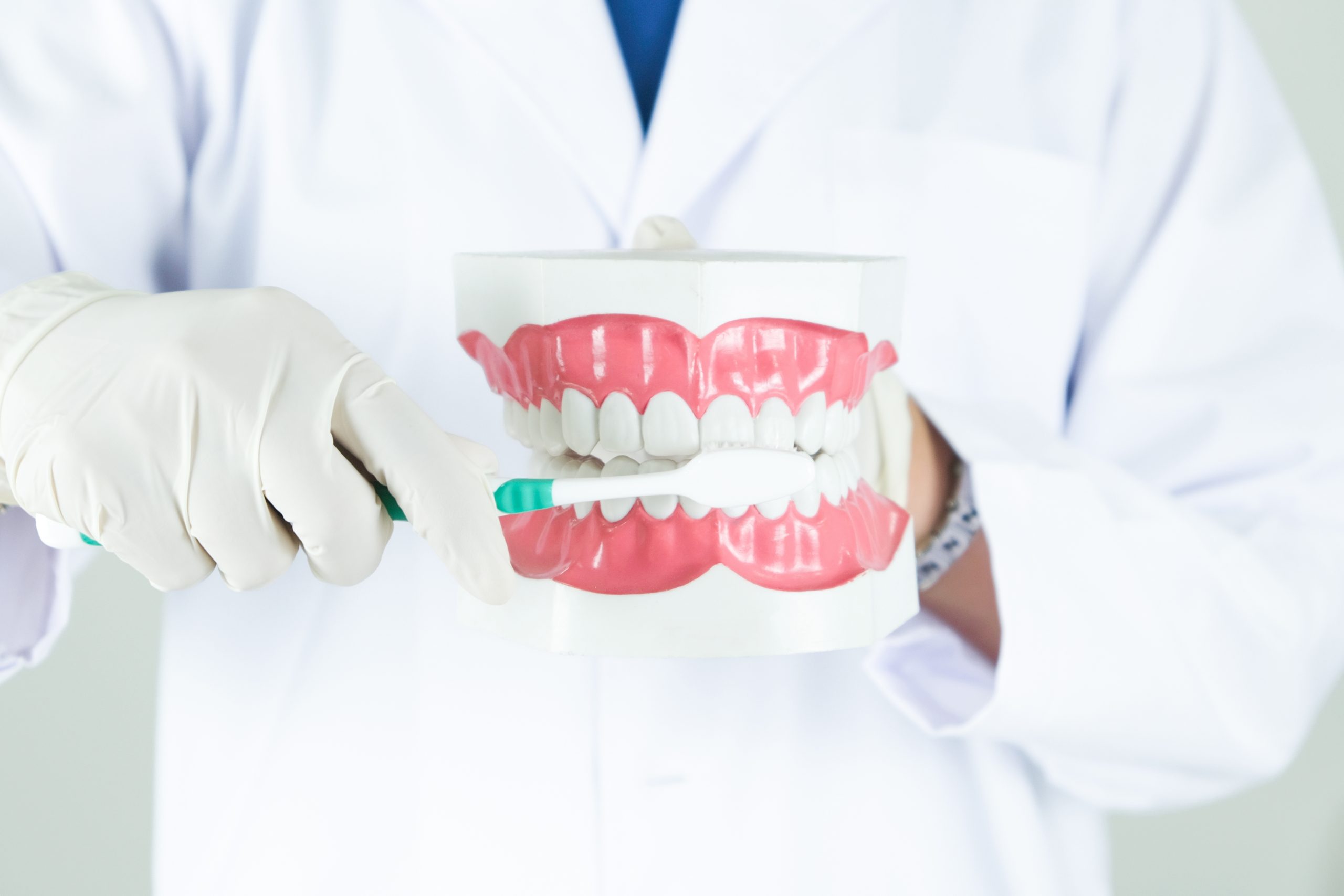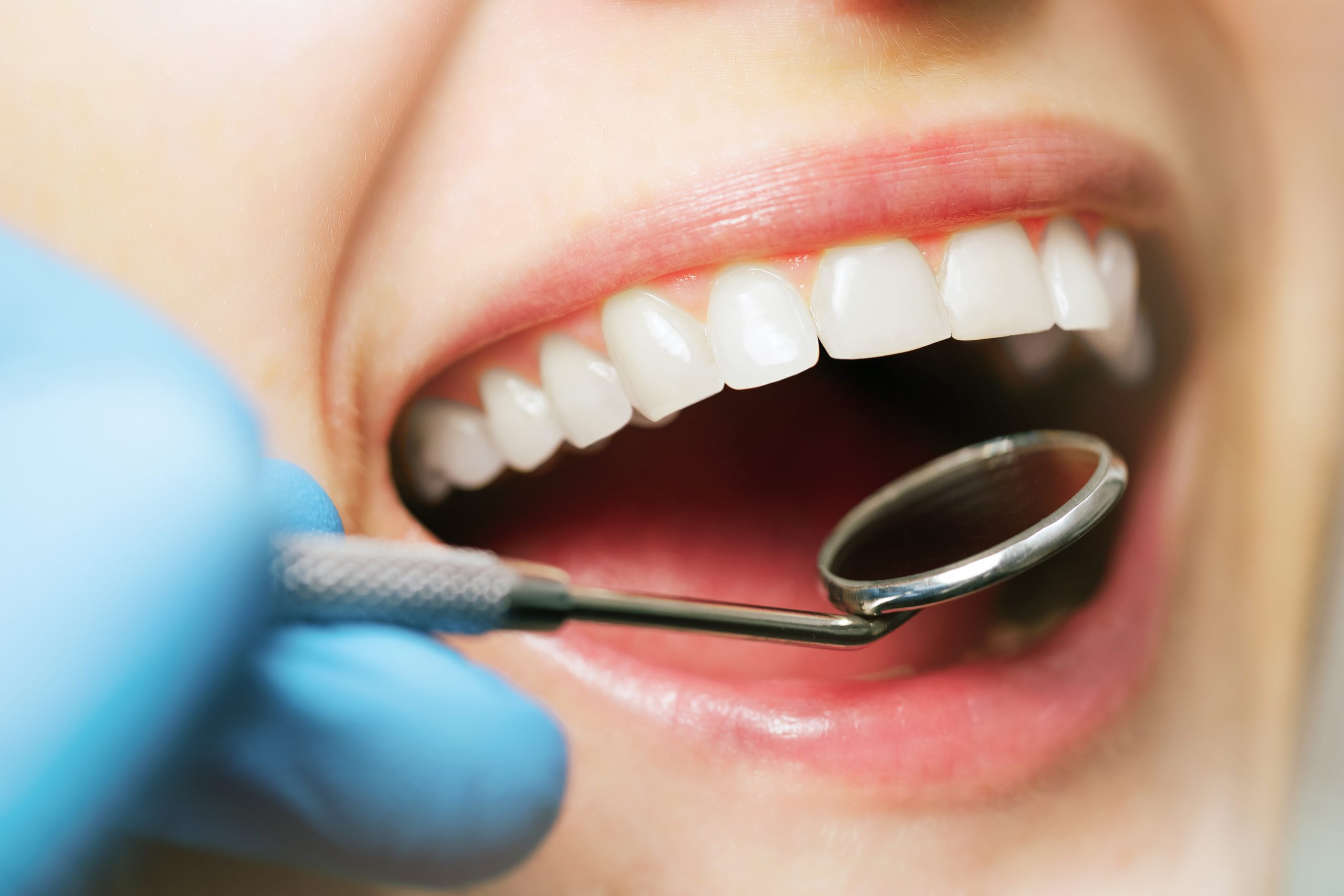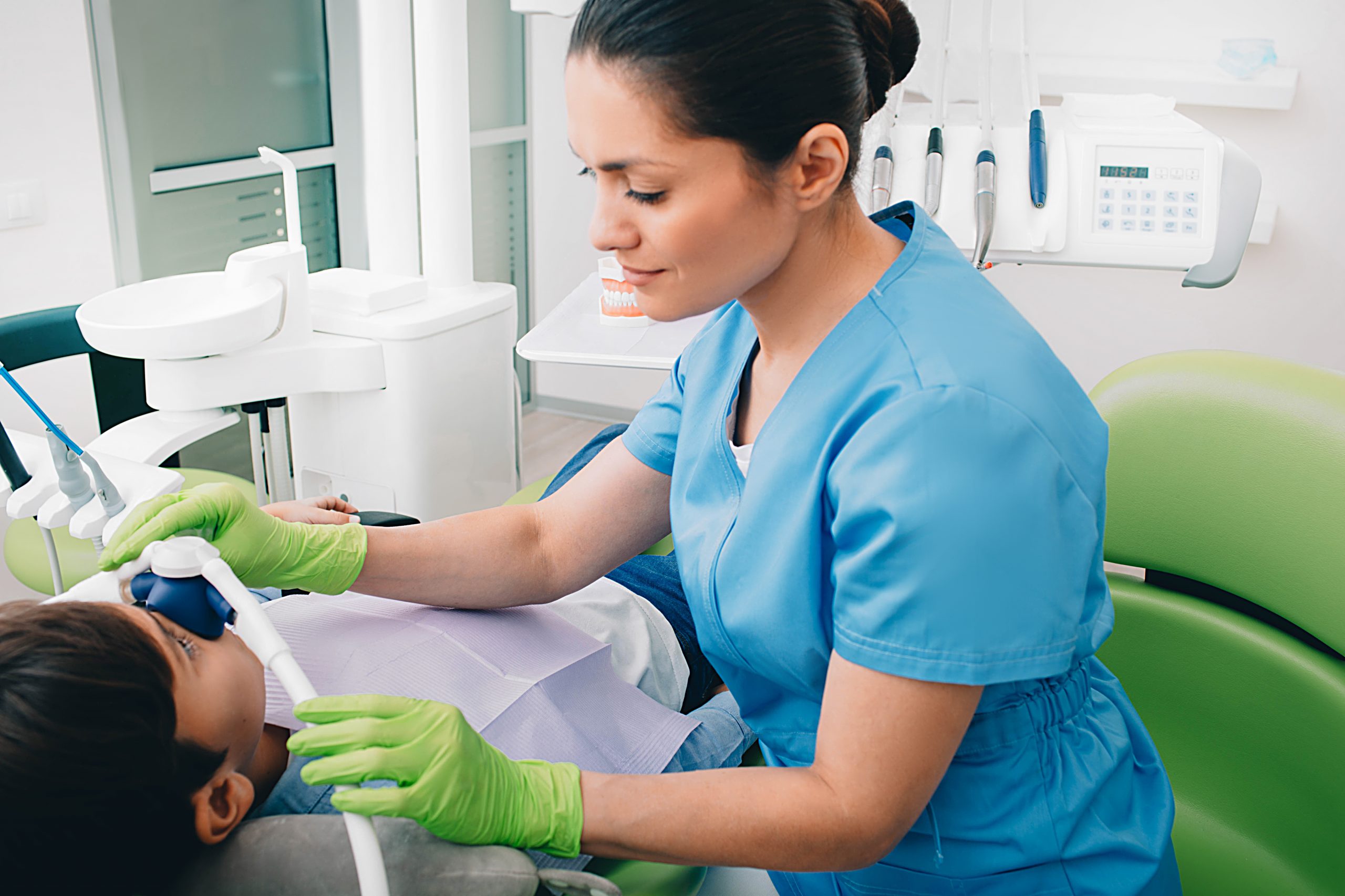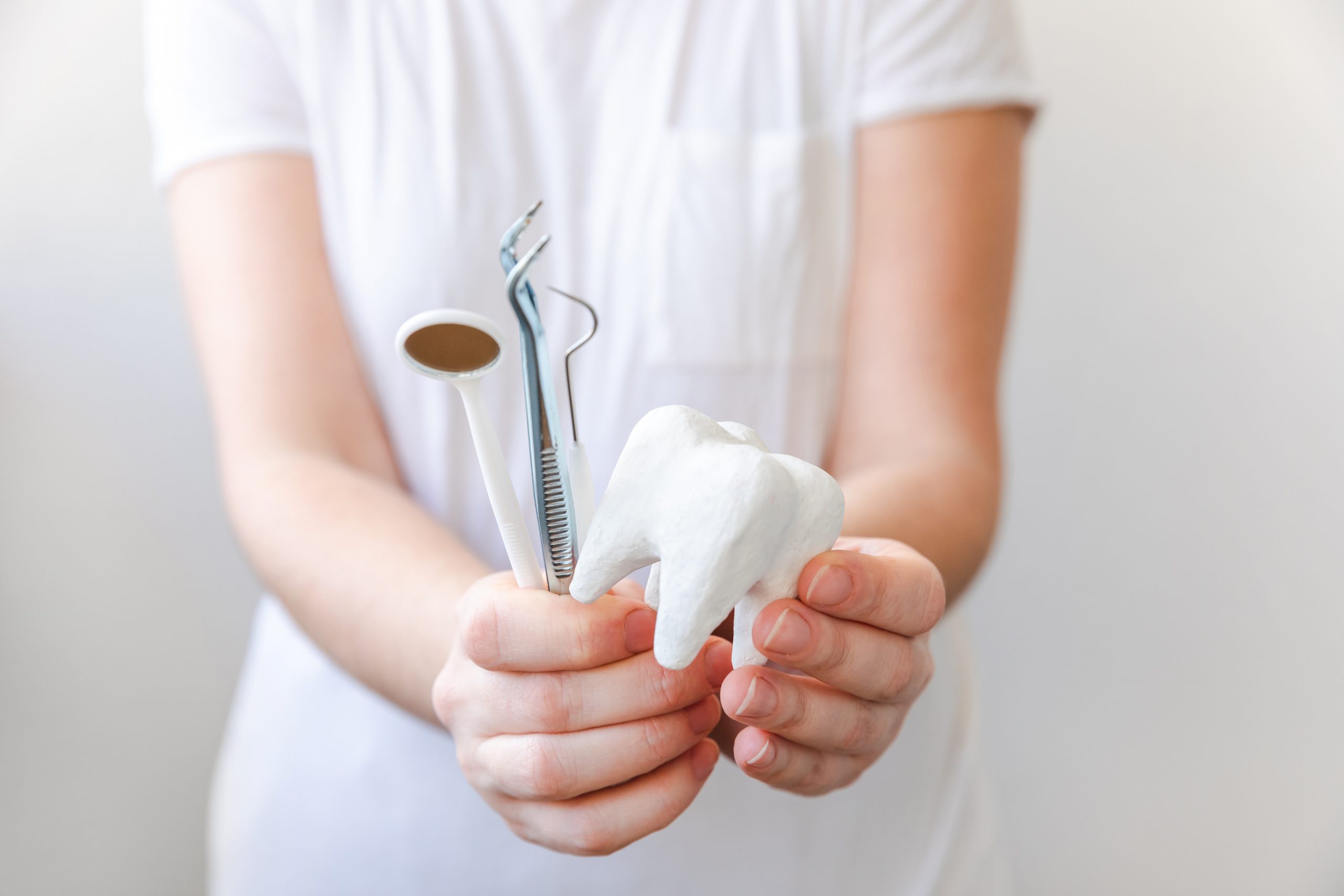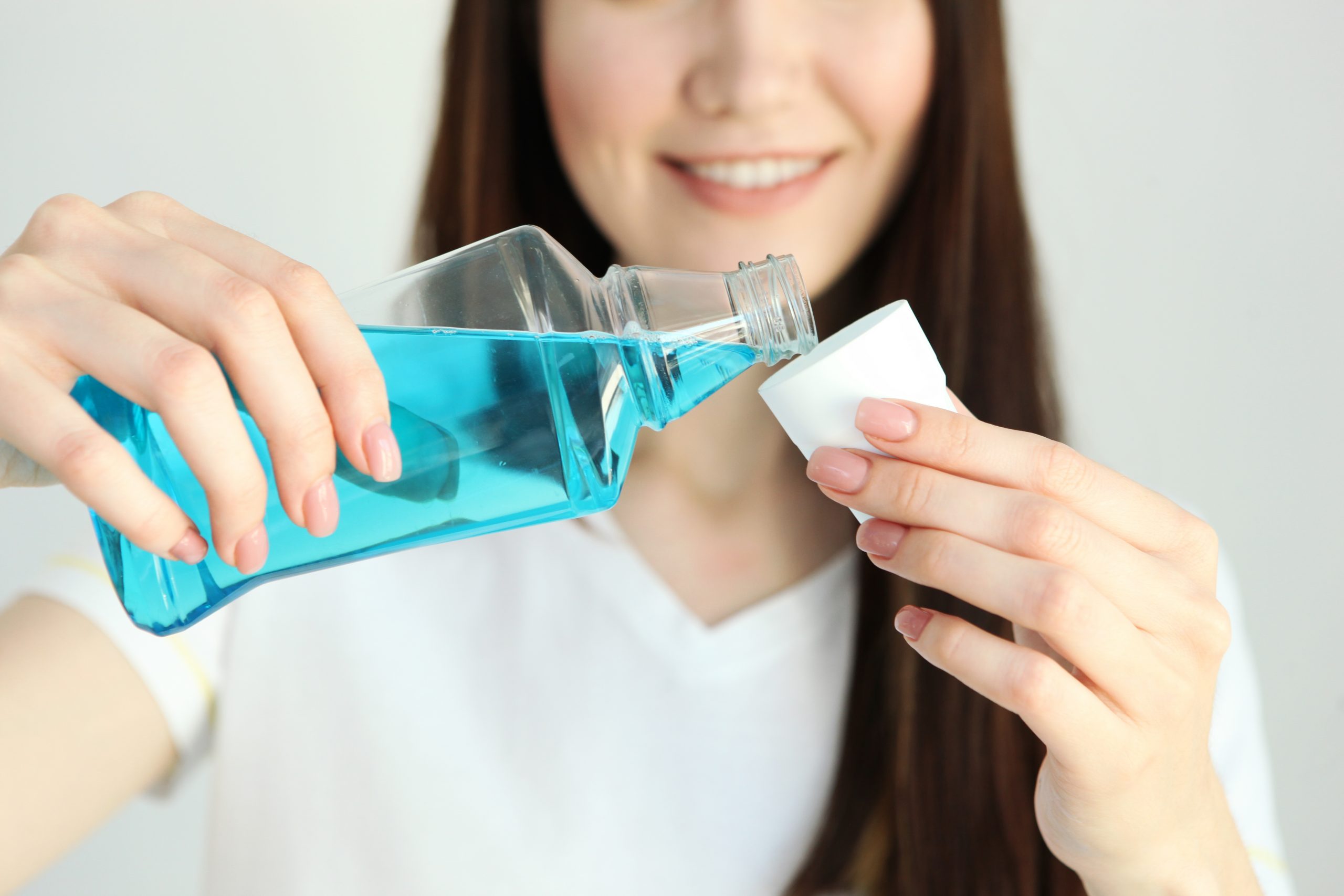Brushing your teeth is an important part of your daily hygiene routine, but are you doing it properly? Proper brushing can help prevent tooth decay, gum disease, and bad breath. In this article, we’ll explore some tips for brushing your teeth properly to keep your smile healthy and bright.
Choose the Right Toothbrush
The first step in proper brushing is to choose the right toothbrush. Look for a toothbrush with soft bristles that won’t damage your teeth or gums. You should also look for a toothbrush with a small head that can easily reach all areas of your mouth.
Use the Right Toothpaste
Using the right toothpaste is also important for proper brushing. Look for toothpaste that contains fluoride, which can help strengthen tooth enamel and prevent decay. You may also want to look for toothpaste that’s designed for your specific dental needs, such as sensitive teeth or whitening.
Brush for Two Minutes
Brushing for two minutes is the recommended amount of time for proper brushing. Use a timer or stopwatch to ensure that you’re brushing for the full two minutes. Divide your mouth into four quadrants and spend 30 seconds on each quadrant.
Use Proper Technique
Using proper technique is essential for effective brushing. Hold your toothbrush at a 45-degree angle to your teeth and use gentle circular motions to brush the fronts, backs, and tops of your teeth. Don’t forget to brush your tongue and the roof of your mouth to remove bacteria that can cause bad breath.
Don’t Brush Too Hard
Brushing too hard can damage your teeth and gums. Use gentle pressure when brushing and let the bristles do the work. If your toothbrush bristles become frayed or splayed, it’s time to replace your toothbrush.
Don’t Forget to Floss
Flossing is just as important as brushing for proper oral hygiene. Floss at least once a day to remove food particles and plaque from between your teeth and along the gumline. If you have trouble using traditional floss, try floss picks or a water flosser.
Rinse Your Mouth
After brushing and flossing, rinse your mouth with water to remove any remaining debris. You can also use mouthwash to kill bacteria and freshen your breath. Look for mouthwash that contains fluoride for added protection against tooth decay.
Replace Your Toothbrush Regularly
Toothbrushes should be replaced every three to four months, or sooner if the bristles become frayed. Using an old toothbrush can be ineffective and can also introduce bacteria into your mouth.
Visit Your Dentist Regularly
Even with proper brushing and flossing, it’s important to visit your dentist regularly for checkups and cleanings. Your dentist can identify any potential issues and provide advice on proper oral hygiene techniques.
In conclusion, proper brushing is essential for maintaining good oral health. Choosing the right toothbrush and toothpaste, brushing for two minutes, using proper technique, flossing, rinsing your mouth, replacing your toothbrush regularly, and visiting your dentist regularly are all important steps in proper brushing. By following these tips, you can keep your smile healthy and bright for years to come.








